We may earn money or products from the companies mentioned in this post. This means if you click on the link and purchase the item, I will receive a small commission at no extra cost to you ... you're just helping re-supply our family's travel fund.
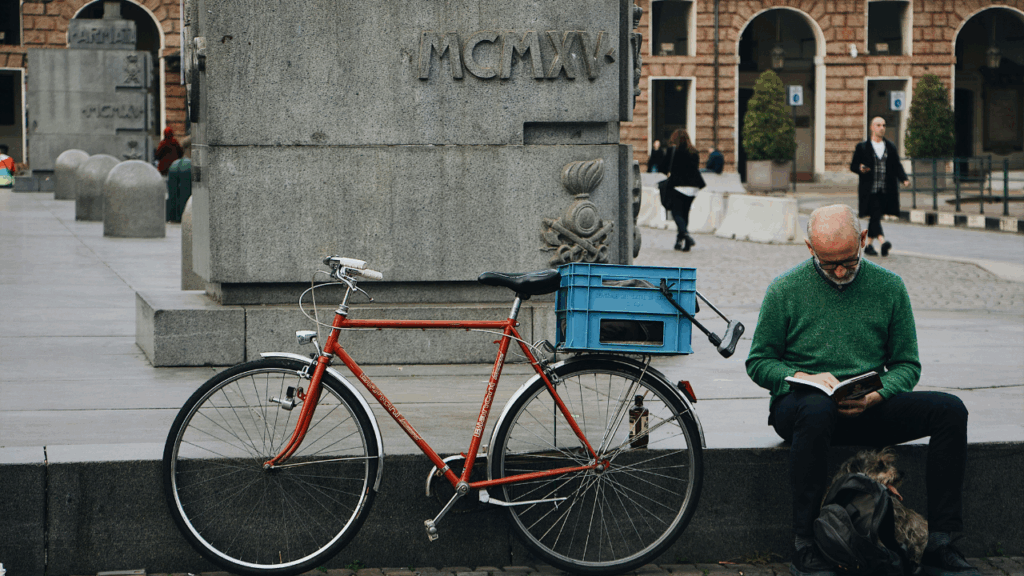
Traveling internationally after 50 can be incredibly rewarding—more freedom, more wisdom, and often more resources. But it also brings unique challenges: comfort, mobility, health, and decision fatigue. This guide offers 12 practical ways to simplify international travel for mature explorers. Whether you’re planning your first overseas trip in years or are a seasoned globetrotter, these travel tips focus on ease, safety, comfort, and flexibility. From planning smart to packing right and embracing spontaneity, these tips will help you travel with less stress and more joy. Ready to explore the world? Start with these essentials tailored for travelers over 50
Purposeful Planning

Before booking your flight or hotel, take time to reflect on what kind of travel experience truly excites and suits you. Are you craving cultural immersion, a relaxing escape, or scenic adventure? Factor in your energy levels, dietary needs, mobility, and whether you prefer solo travel or companionship. This personal clarity helps shape a realistic, satisfying itinerary that aligns with your values and avoids common frustrations that can arise from mismatched destinations or activities.
Choose Compatible Destinations
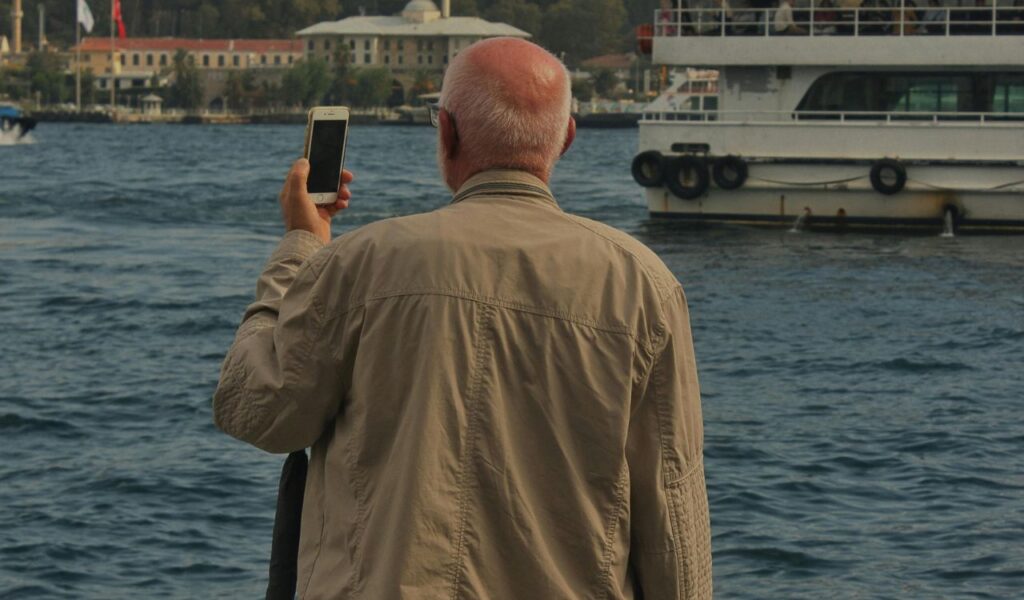
Avoid following travel trends and instead select destinations that align with your lifestyle and comfort level. Whether it’s a quiet coastal town with minimal walking, a city with great museum access, or a familiar resort chain abroad, make your choice personal. The goal is ease and enjoyment, not just novelty. When a destination meets your pace, preferences, and comfort needs, you’ll find every part of your journey more natural, enriching, and stress-free.
Stick with Comfort

After 50, comfort matters more than ever. Choose accommodations with good beds, reliable service, and proximity to attractions. Familiar restaurant chains or known cuisines can reduce food-related stress and keep your digestion happy. Don’t feel guilty for prioritizing ease—it’s about conserving energy for the experiences that matter. When your lodging, meals, and transportation are smooth and predictable, the rest of your trip feels lighter and more enjoyable.
Check Travel Rules Early

Countries often have different requirements for entry, especially since COVID-19. These might include proof of vaccination, negative test results, visa documentation, or travel insurance. Rules can also change rapidly. Always check government websites and airline updates several weeks before departure. Waiting too long may mean missing a requirement and being denied boarding. Staying informed and proactive helps ensure your entry process goes smoothly and without stressful surprises.
Know Your Physical Boundaries

Acknowledge your mobility and energy levels when planning. Long walking tours, uneven terrain, or multi-hour treks might not be ideal. Instead, look for accessible tours, elevator-equipped hotels, and attractions with seating options. Build in rest breaks and don’t overload your schedule. Planning around your actual capacity—not your idealized self—helps you stay safe, avoid fatigue, and fully enjoy the places you visit without physical strain or risk of injury.
Give Yourself Time

International travel involves longer lines, security screenings, and potential gate changes. Arriving at the airport at least three hours early gives you a buffer for unexpected delays. Also, checking in online the day before saves time and lets you choose a better seat. Moving at a relaxed pace keeps your stress levels down. When you’re not rushed, you’re more likely to navigate your trip with calm, clarity, and a positive mindset.
Organize Your Documents
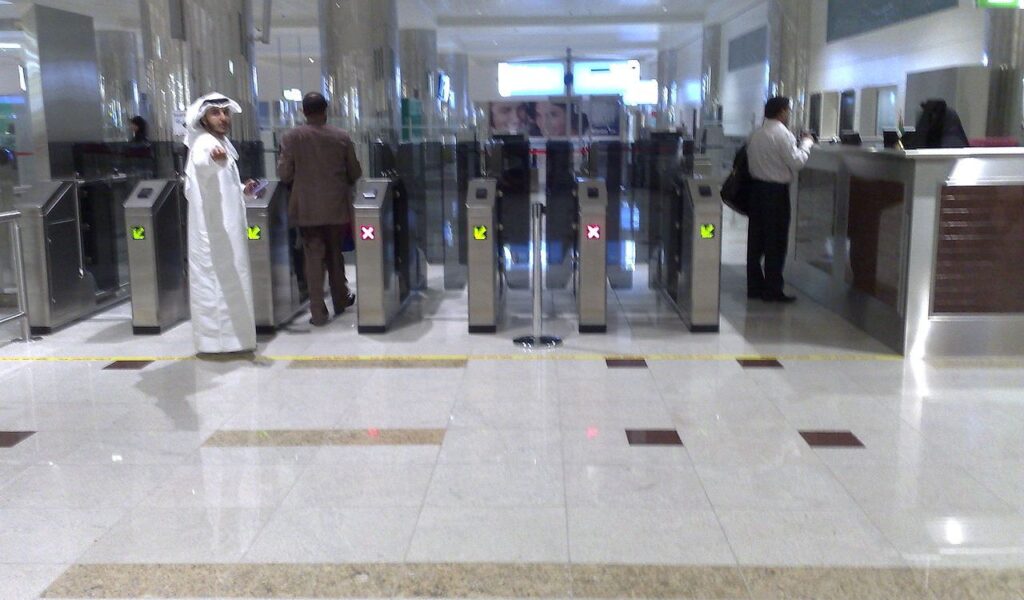
Keep all important travel documents—passport, visa, medical insurance, boarding passes, and hotel confirmations—in one accessible location. Use a travel wallet or folder and create digital backups on your phone or cloud storage. Having everything neatly stored and easy to retrieve reduces stress at customs, check-ins, and emergencies. Preparation is key, especially when abroad. A simple document system prevents panic and keeps you focused on enjoying your trip, not fumbling with papers.
Pack with Purpose
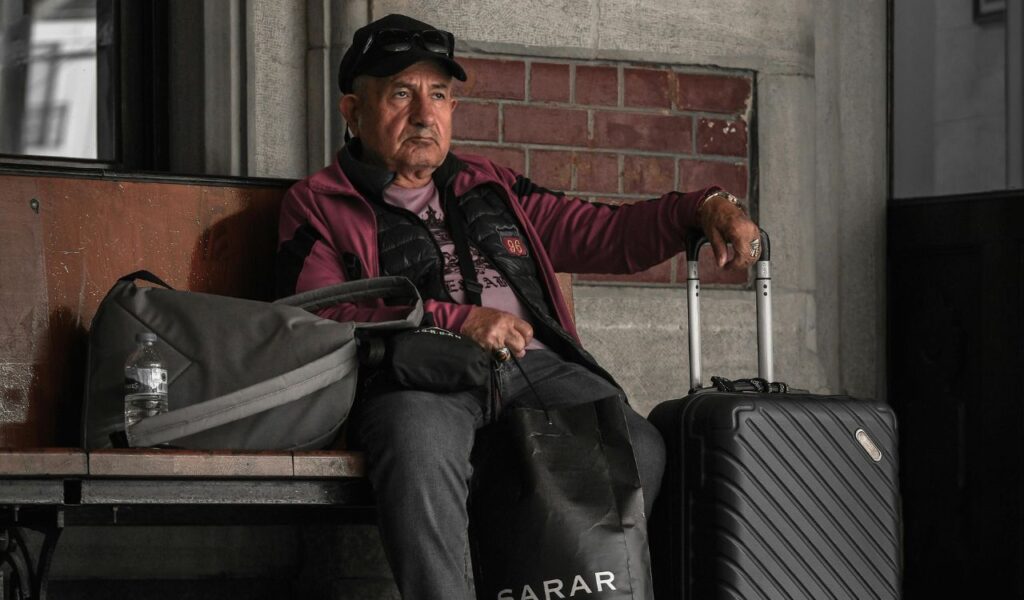
Packing smart means preparing for comfort and unexpected delays. Include medications, prescription copies, reading glasses, and a change of clothes in your carry-on. Bring travel-sized hygiene products, a light sweater, snacks, and a water bottle. Use a packing checklist based on your destination’s climate, activities, and health needs. By preparing for in-flight comfort and destination readiness, you’ll reduce discomfort, avoid forgotten essentials, and enjoy a smooth experience from airport to arrival.
Select Travel Insurance

After 50, travel insurance isn’t a luxury—it’s a smart safeguard. Medical emergencies, trip cancellations, and lost luggage happen more than you think. Choose a plan that includes emergency care, hospitalization, and coverage for pre-existing conditions. Look for added benefits like repatriation and emergency evacuation. The right plan offers peace of mind, knowing you’re protected from expensive surprises and can focus on enjoying your trip instead of worrying about what might go wrong.
Use Travel Tools
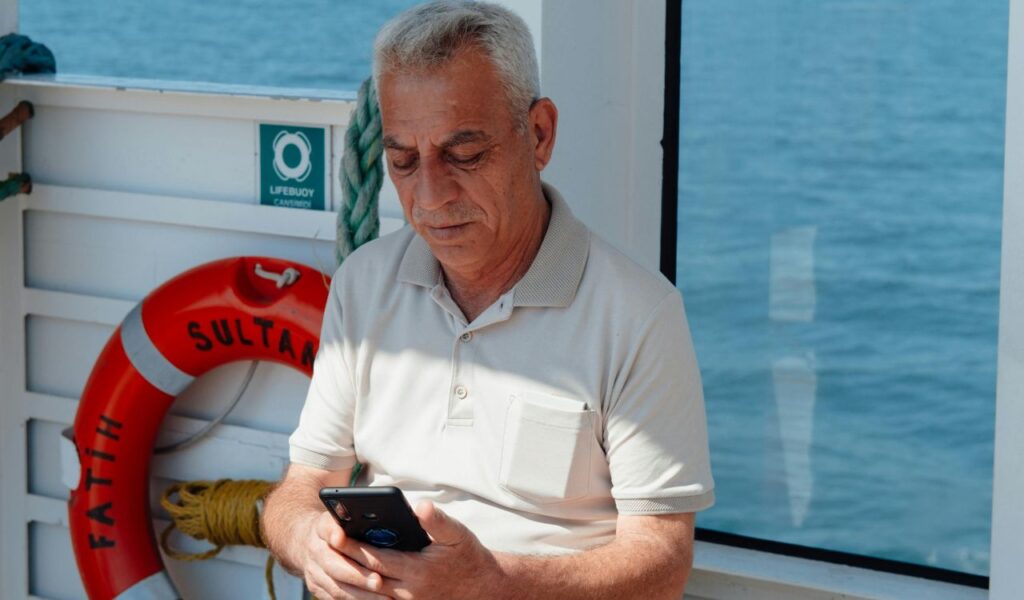
Today’s apps can remove many travel barriers. Use Google Translate to communicate across language gaps, Maps.me or Google Maps for navigation, XE for currency conversion, and TripIt for organizing itineraries. Many apps work offline, making them perfect for international travel. Learning to use even just a few of these tools before your trip can boost confidence, reduce confusion, and help you feel more independent and in control wherever you go.
Register Your Trip
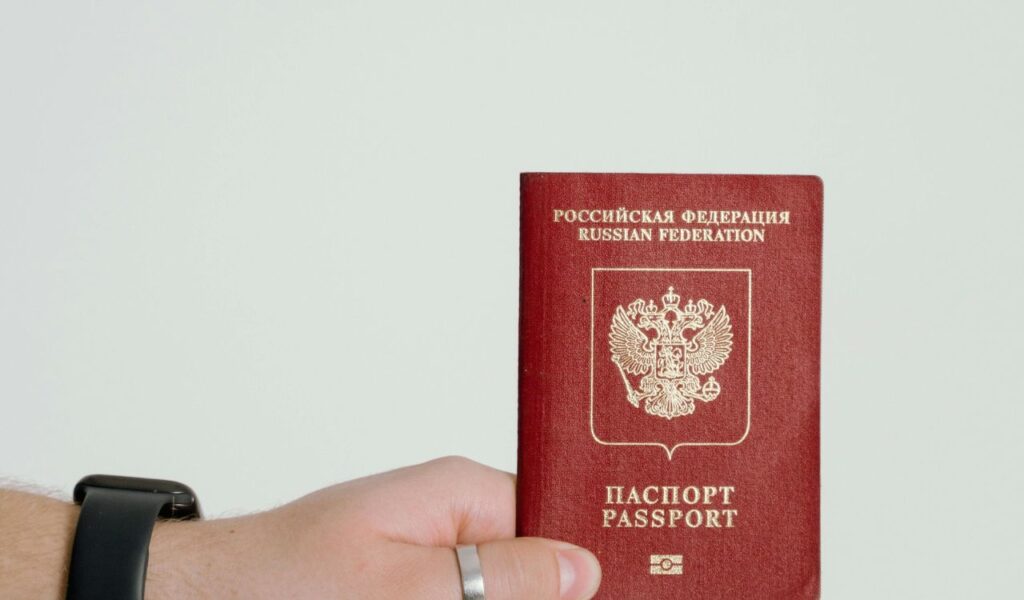
Before you leave the country, register your travel with your nation’s embassy or consulate. This allows your government to assist in case of natural disaster, political unrest, or health emergencies. It’s especially important when traveling solo or to remote areas. Registration is easy and gives you access to alerts and support if needed. It also reassures loved ones at home that you’re on record with officials in case of unexpected situations.
Relax and Reflect

Don’t overfill your itinerary. It’s okay—encouraged, even—to slow down and savor each destination. Enjoy a long breakfast, people-watch at a local café, or take time journaling in a scenic spot. Rest days help prevent burnout and keep the joy alive in your travels. Rushing leads to stress and missed moments. Building time to reflect and recharge ensures you return home not just tired, but fulfilled and refreshed.